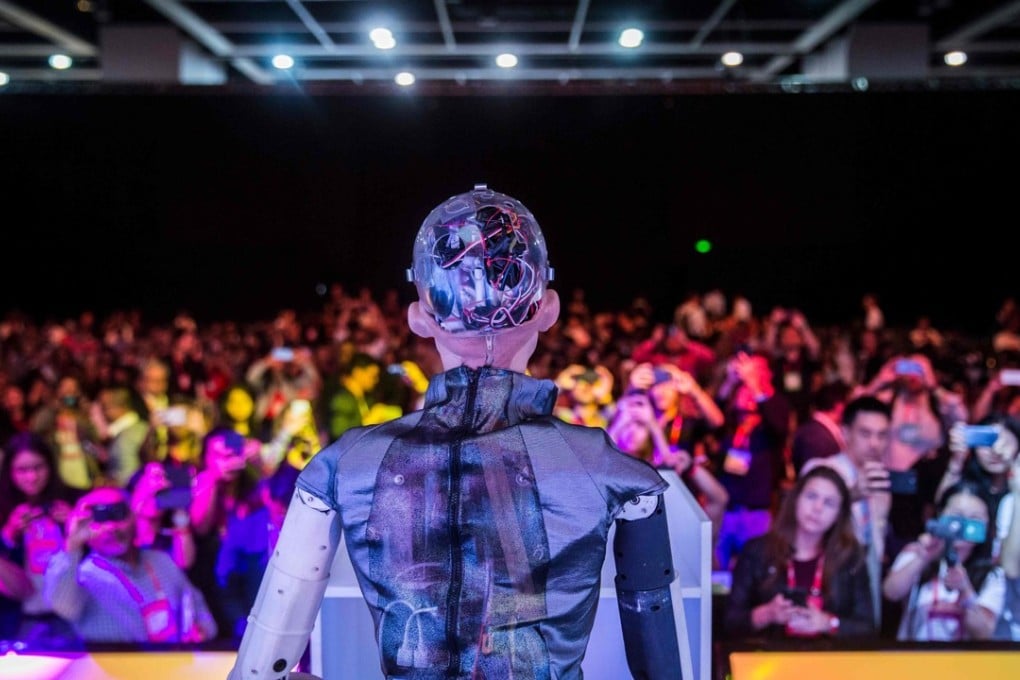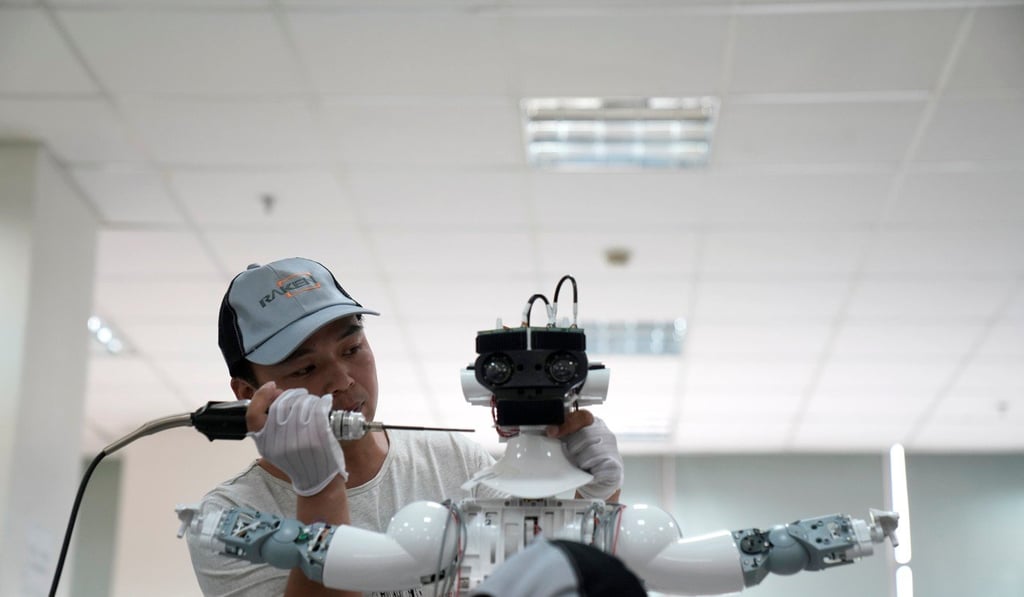Abacus | Artificial intelligence: Relax, Flippy the robot is not about to steal your job
Despite dire warnings of a massive wave of smart machines coming to take all the jobs, Luddites should rest easy – history shows they will just get better, higher-paying jobs in the bargain

It is debatable whether Ned Ludd ever existed. But the movement he gave his name to certainly did. In the early 19th century, Luddite mobs of English weavers took to smashing the new automated looms they blamed for threatening their livelihoods.
Today, Luddite fears are seeing a resurgence. Admittedly, no one is yet torching factories full of industrial robots or taking their baseball bats to banks of computers running “artificial intelligence” deep learning algorithms. But recent months have seen a spate of warnings that these sophisticated new technologies will put millions of people out of work and force down incomes for those lucky enough to keep their jobs.

For example, a study last year by Oxford University researchers concluded that by 2033 almost half the jobs in the United States will have been automated out of existence. Another study by US economists estimated that each new industrial robot costs six jobs.
A 2016 paper warned that the effect will be even more pronounced in Asia, with 69 per cent of India’s jobs and 77 per cent of China’s threatened by automation. Worldwide, warned consulting firm McKinsey & Company last year, hundreds of millions of workers will find themselves forced out by robots.
ZTE row shows China still needs international tech to shine
The result of all this, according to many researchers, will be a massive increase in global inequality, as most workers suffer and only a handful of wealthy capitalists – those who own the robots – benefit from the new technologies.
